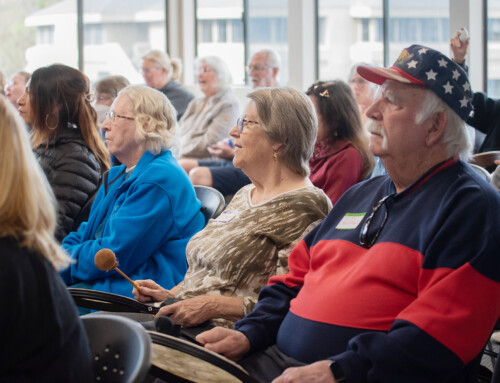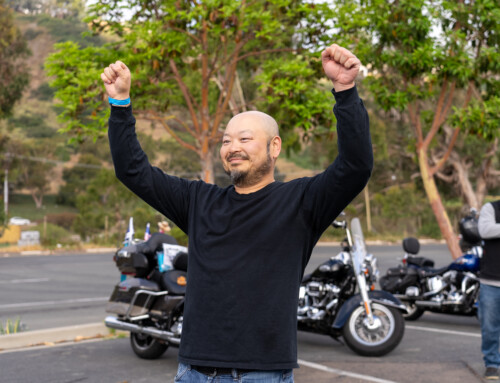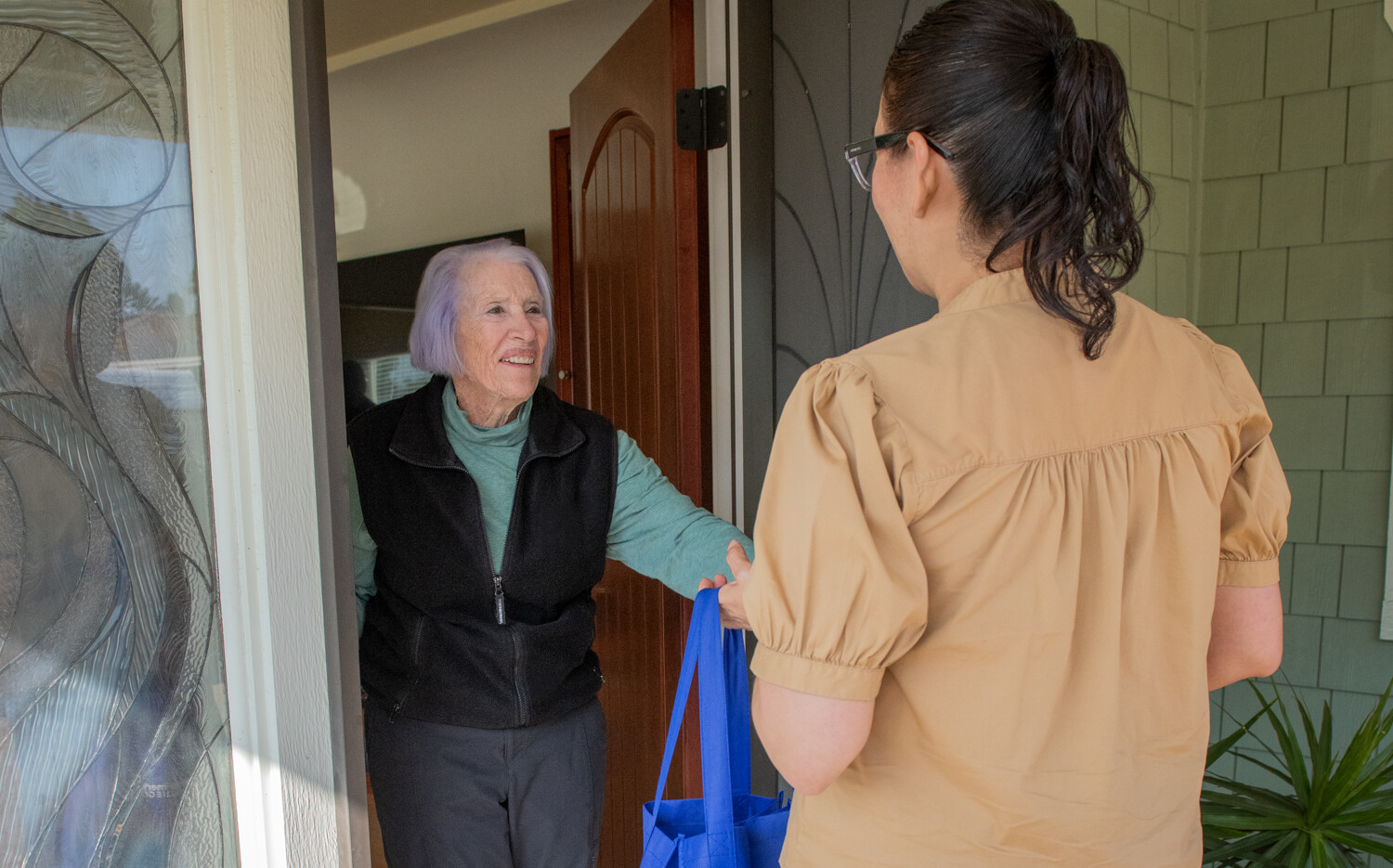
One of the most challenging aspects of caregiving is to develop daily routines and activities that are interesting, meaningful, achievable, and valued by the person. People living with dementia need to be active and should be encouraged to do things they enjoy. They may have trouble deciding what to do each day or how to get started with a task or activity, but they can still find pleasure in doing something familiar to them.
Considerations for Planning Activities for People Living with Memory Loss
When thinking about how to fill a person’s day, it can help to keep in mind details about the person’s life, personality, and preferences. Questions to consider include:
- How did my person feel valued and appreciated throughout their life?
- What did my person like to do in their free time?
- What made my person feel respected?
- What helps them to feel confident and secure?
As it becomes difficult for the person living with dementia to initiate and carry out different kinds of tasks, care partners can help the person by planning activities that reflect what all people need to live a satisfying life. There are four categories of activities that fill our lives and help us feel important:
Work – Work activities are those that we use to show ourselves and others we are competent, skilled, valued, and talented members of our families and communities. Ideas include:
- Reminisce about the person’s favorite dish and find ways to allow them to help like washing vegetables, stirring the pot, setting the table, etc.
- Have them build projects (Lincoln Logs, small airplanes/cars).
- Provide a job responsibility like counting/collecting change, caring for an object (doll, stuffed animal), or folding laundry.
Self-Care – Self-care activities are tasks that we do to take care of ourselves, our bodies, and our homes. Encouraging the person to participate actively in these tasks and providing the support needed to do so will ensure the person maintains dignity and a sense of adulthood. Ideas include:
- Put on their favorite music while they take a relaxing bath. Light some candles for a pleasant smell or use bath products that enrich the experience.
- Take them out to get their hair cut or nails cleaned.
- Buy a favorite food or dessert to indulge in.
Leisure – Leisure activities are frequently seen as the highlight and most fun part of our day. They are activities that we engage in because we like them, get pleasure from them, and enjoy doing them with or without others. Ideas include:
- Sit outside and listen to the birds while having the morning coffee. Count the different birds and find the best colored one.
- Take multiple walks throughout the day and bring some hand-picked flowers to a neighbor.
- Sing songs or dance to well-known songs.
Rest – Rest activities promote reenergizing and revitalization. These activities help us find inner peace, relax, and feel ‘better.’ Ideas include:
- Massage lotion into their hands/feet.
- Cuddle under a cozy blanket and watch classic films.
- Take an afternoon nap.
Creating a Comfortable Experience
Care partners can support the ease and enjoyment of activities by adjusting the environment, skill level of the activity, and communication about the activity. Try these tips:
- Determine what activities the person is able to do based on sensory abilities and motor skills. Consider if they can complete the activity alone or if they need help.
- Make sure activities are an appropriate length of time to avoid tiring the person.
- Complete activities around the same time each day.
- Try to identify what words, sounds, and places encourage participation.
Check out our free social activities for people living with memory loss and their care partner or family member, as well as free iCST activity kits that provide supplies for care partners to use to engage their person with dementia at home. For more information on activity ideas for individuals with dementia, speak to one of our Clinical Care Coaches by calling us at 858.492.4400 (Spanish speakers available).
RECOMMENDED: What is Sundowning?





